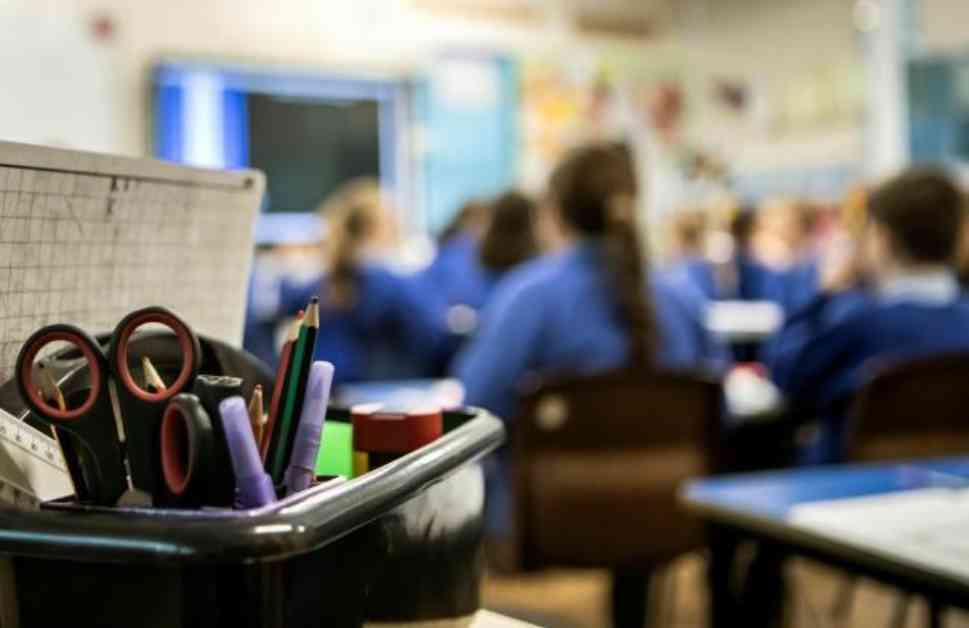Public satisfaction with local schools in Scotland has reached a concerning low, according to the latest figures from the Scottish Government’s annual Scottish Household Survey. The data reveals that only 80% of households with a school child are satisfied with local schools, marking the lowest level since records began in 2007/08. This is a significant drop from the peak satisfaction rate of 90% in 2012 and a 5% decrease from 2022, making it the largest year-on-year fall in satisfaction levels to date.
Furthermore, the survey indicates that overall adult population satisfaction with local schools has also declined, with only 69% expressing satisfaction last year. This is tied for the joint-lowest level since 2007/08 and is 16 percentage points lower than the peak satisfaction rate of 85% in 2011. These results continue a downward trend in satisfaction levels seen since the early 2010s.
Regional disparities in satisfaction levels are apparent, with Dumfries and Galloway reporting the lowest adult population satisfaction rate at 54%, while East Renfrewshire boasts the highest rate at 84%. Additionally, satisfaction levels are lower in the most deprived areas, where two-thirds of adults in the 20% most deprived areas are satisfied with local schools compared to three-quarters of adults in the 20% least deprived areas.
The Scottish Household Survey, which has been conducted annually since 1999, serves as a barometer of public sentiment towards various issues in Scotland. In response to the concerning findings, political figures have expressed their dismay with the SNP government’s handling of education. Scottish Conservative education spokesman Miles Briggs criticized the SNP for allowing standards to slip, teacher numbers to decline, and the poverty-related attainment gap to widen under their watch.
Similarly, Scottish Liberal Democrat education spokesman Willie Rennie lamented the perceived decline of Scottish education under the SNP’s leadership, noting a sense of mismanagement and neglect. Scottish Labour education spokesperson Pam Duncan-Glancy echoed these sentiments, attributing the decline in satisfaction levels to what she described as 17 years of SNP mismanagement in the education sector.
As stakeholders across the political spectrum weigh in on the implications of the survey results, the Scottish Government has been called upon to address the concerns raised by the public and work towards improving the state of local schools in Scotland. The future of education in the country may hinge on the government’s response to these alarming trends in public satisfaction.
































